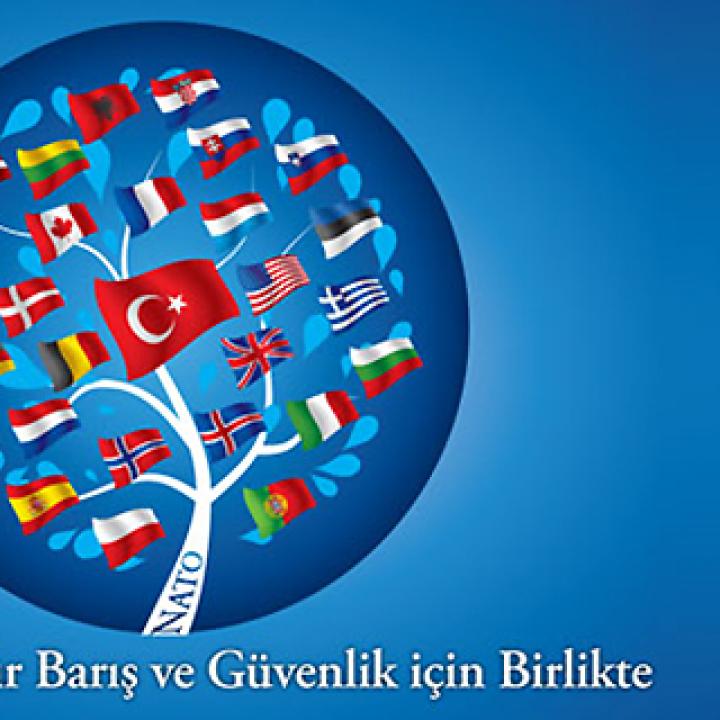
- Policy Analysis
- Research Notes 19
Turkey’s Commitment to NATO: Not Yet Grounds for Divorce

While it is premature to view Turkey's shift away from the North Atlantic political consensus as an epochal event, examining longer-term trends brings greater concern.
The history of Turkey's relations with the United States and NATO has been characterized by stable commitment on security matters and remarkable volatility in political matters. In a time of great political change in Turkey -- the end of military tutelage and the ascendance of political Islam over Kemalist secularism -- how far from the North Atlantic political consensus can Turkey move without affecting its security role within NATO? The preliminary decision taken by Turkey last year to select the Chinese HQ-9 intercept system for its air defense network caused much speculation in Western capitals about whether this development marked a definitive change in Turkey's strategic identity.
In this new Institute Research Note, author Richard Outzen argues that while it is premature to view this as an epochal event, examining longer-term trends brings greater concern. Turkey's domestic political sentiment, trade patterns, and geostrategic thinking are undergoing a profound change -- and this does portend fundamental shifts in Turkey's relationship with the West in coming decades. U.S. policymakers should study these trends and work to mitigate possible negative consequences.
THE AUTHOR
Col. Richard Outzen (USA) is a senior military fellow at the Center for Strategic Research in National Defense University's Institute for National Strategic Studies. His research focuses on Middle East and Central Asian strategic affairs, language and culture, and civil-military relations.




